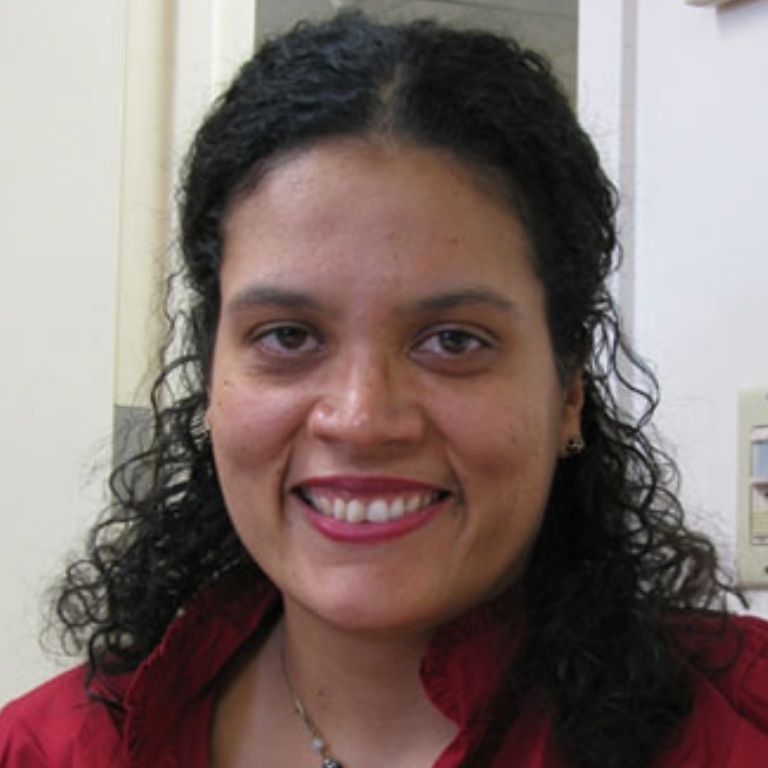Education
- Postdoc, 1998-2003, New York University School of Medicine
- Postdoc, 1997, London University, England
- PhD, 1996, London University, England
- MSc, 1992, Instituto Venezolano de Investigaciones Cientificas
- BSc, 1991, Universidad Central de Venezuela

